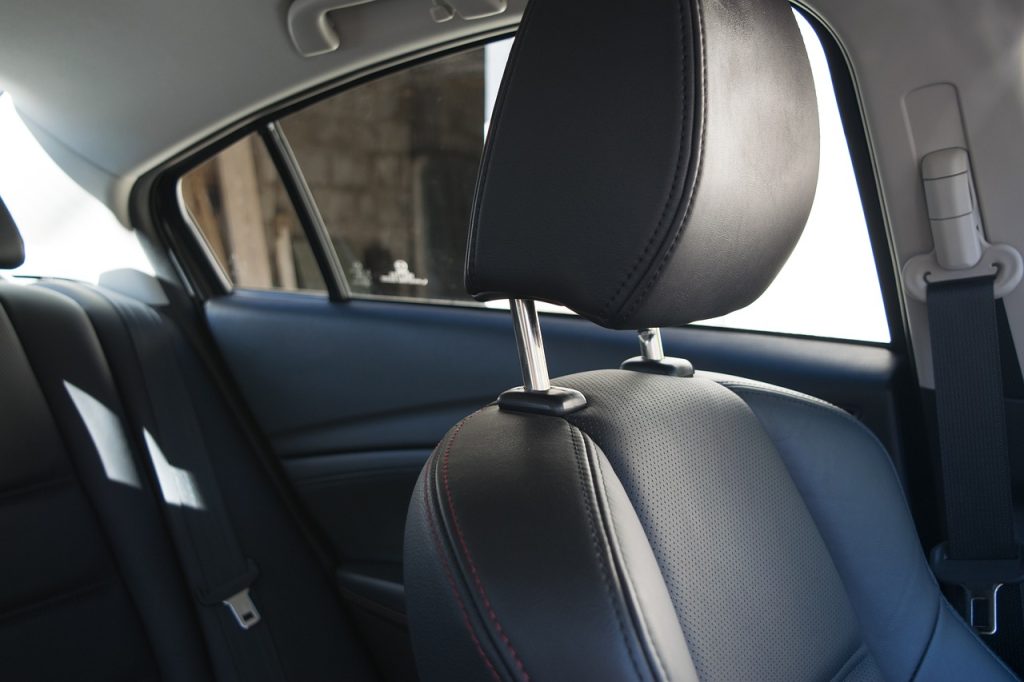PIERRE, S.D. (SDBA) — Death, trauma, and money dominated the debate today (Tuesday) as South Dakota lawmakers rejected a bill to end mandatory seat belt use for adults.
The House Transportation Committee voted 10-2 to kill the measure after over an hour of emotional testimony from crash survivors, medical workers, and insurance executives.
Rep. Dylan Jordan, R-Clear Lake, told lawmakers he survived a rollover crash last year because he was wearing a seat belt. However, his personal experience didn’t change his view that the government shouldn’t mandate their use.
“This bill is simply about freedom and personal responsibility,” Jordan said. “I encourage everyone to wear their seat belt. This bill is about the proper role of government.”
Gretchen Weible said she drove from Elkton to support ending the mandate. She argued that crash statistics show seat belts don’t guarantee survival.
“According to injuryfacts.org, in 2022, 50.24 percent of occupants who died while wearing restraints were using a seat belt, while 49.76 percent were unrestrained. Just about equal,” Weible said.
Rep. Taylor Rehfeldt, R-Sioux Falls, a nurse anesthetist, vividly portrayed the crash victims she’s treated.
“When a vehicle stops suddenly, and there’s a person inside without a seat belt, that person’s head can go through the windshield,” Rehfeldt said. “I have not forgotten the faces of people who have died, and I won’t ever forget their faces.”
Money also factored heavily in the debate. Highway Patrol Assistant Superintendent Robert Whisler said the change would cost South Dakota millions in federal highway dollars.
“If passed, this bill would divert over six million dollars of federal aid dedicated to highway construction to our state highway safety programs,” Whisler said.
Insurance representatives warned that medical costs for unbelted crash victims run 50 times higher than those for people wearing seat belts, which would drive up insurance rates for everyone.
South Dakota has required seat belt use since 1995. According to state data, about 91 percent of South Dakotans buckle up regularly. The law remains a secondary offense, meaning police can only write violation tickets after stopping vehicles for other infractions.


